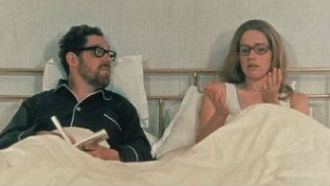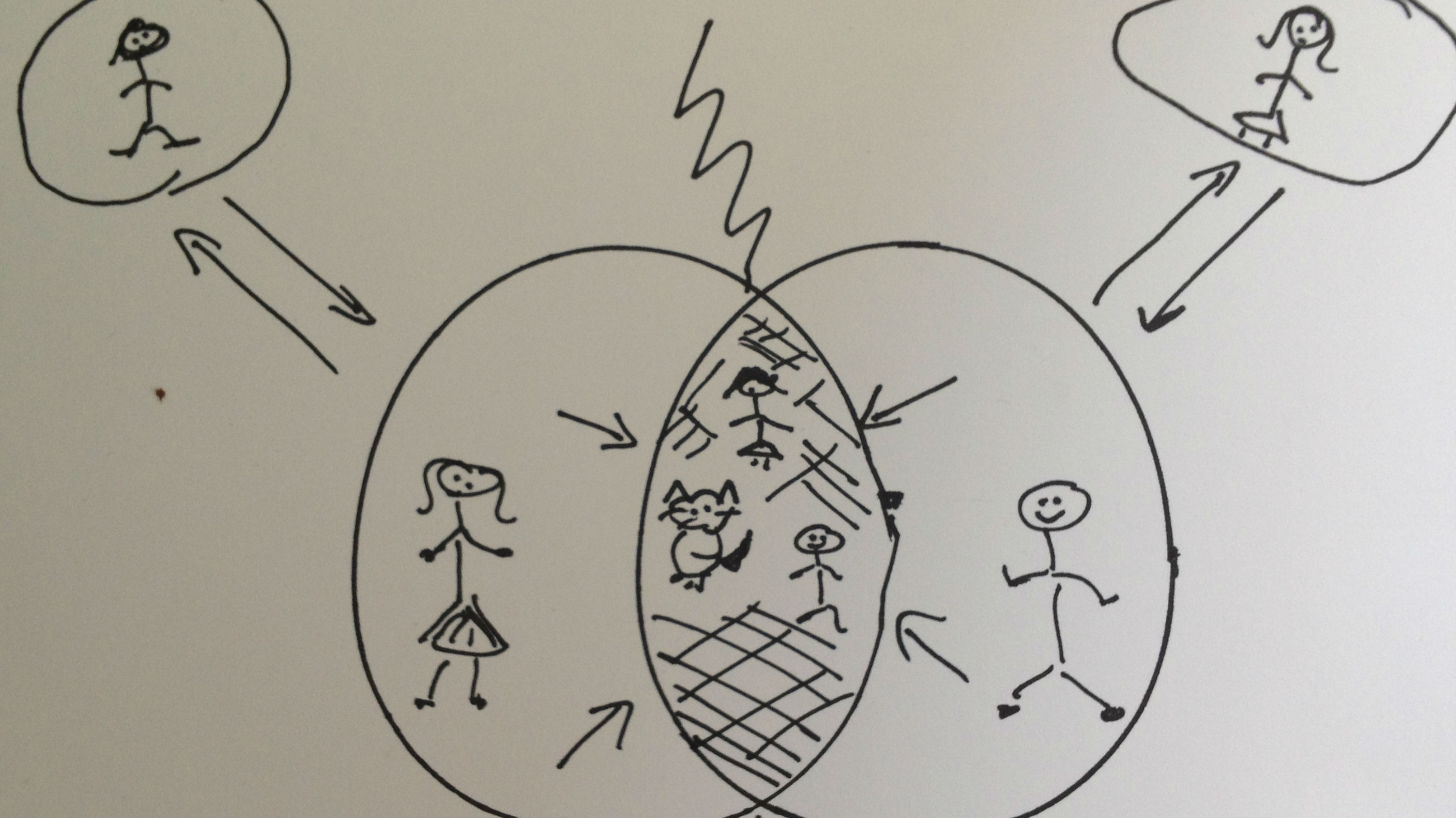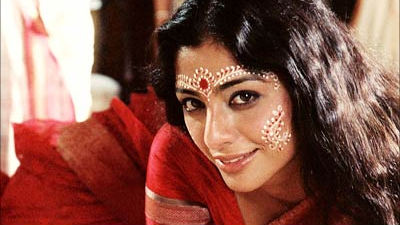Dispatches from the Post-Romantic Front

I confess that I’m a marriage rubbernecker. I was a fiendish eavesdropper even as a young girl, much to my mother’s embarrassment, and the dubious habit has finally been put to good use, because marriage is still a concealed institution, and its inner life a fascinating mystery from the outside looking in. My recently-released book, Marriage Confidential, lifts the curtain on modern unions, as will these columns.
Love relationships feel like the most personal and idiosyncratic bonds, and each its own universe, but they’re more deeply attuned to peer pressure than we might think. We’re always conspiring, informally and intuitively, to define and change expectations for marriage. We do this mostly through stories, gossip, and casual conversation. I like to imagine that as we go about leading our individual married lives, we’re also collectively re-writing the scripts, improvising, and changing the institution, one pixel at a time.
If, as sociologist Stephanie Coontz has described, the 19th century had a traditional view of marriage as a social obligation and a duty, and the 20th century elaborated a “romantic” view of marriage as a place for emotional fulfillment, intimacy, true love and what McCall’s magazine famously praised as “togetherness” in 1954, then what’s coming next for us, in this century, and what’s already here? I call the emerging new evolution of marriage, in the aggregate, a “post-romantic” sensibility. It’s my contention that we’re fitfully moving beyond both the traditional and the romantic models of marriage (although, to be sure, some factions want to see the traditional model back, and others hold out uncompromisingly for their romantic apotheosis).
Among many other things, post-romantic means:
There are many other changes large and small, which this column will excavate. They aren’t qualitatively better or worse than their romantic and traditional ancestors. They’re just different, and in consequential ways for our lives.
About marriage today, it seems to me that we have too many judgments and didacticism and too little curiosity and compassion. Although I enjoy humor, my approach is to be open-minded about marital innovations and eccentricities, and to have empathy for the discontents and unique travails of marriage in the modern style.
When my book was released I got emails from spouses who told me they’d used it at a conversational prompt to think about their own views, talk to their spouses, and raise the difficult issues. I’ve observed that it’s a common habit, to ventriloquize anxieties and feelings about our own marriages through our friends’ marriages. “I can’t believe she had an affair;” “I heard they fight about money.” And so on. The marriage next door is like a stunt-man proxy by which we can safely glean our own marriages.
Occasionally, I want these dispatches to work in the same way. So I invite you to send me a dilemma or a question about marriage—your own, a “friend’s,” or a general question. I’ll also draw on stories that I’ve heard from my adventures as a touchstone for a larger meditation.
I won’t give you advice, but I might give you a thought.





